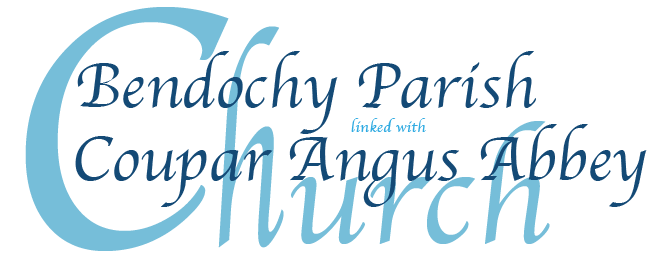Looking back over the past few days, what differences did we notice in the Gospel narratives?
All four Gospels suggest Jesus died on a Friday and that it was on the Sunday after the Sabbath that the women came to find the empty tomb, but there were differences. The Synoptics all speak of these final hours of Jesus life beginning from the first day of the Festival of Unleavened Bread, John speaks of before the festival. In John when the Jewish authorities come to Pilate they will not enter for fear of defiling themselves before the Passover, but not so in the Synoptic Gospels. Also, in John’s account of these few days Jesus is very much accepting of and in control of what is about to happen. There is no mention of the agony of Jesus in the Garden of Gethsemane and also a longer discourse between Jesus and Pilate. Why? It would seem that John is out to show us that all of these things happened because it was destined to be. Jesus’ life wasn’t taken from Him, He willingly gave it up for us, He was in control the whole time. However, there also seems to be a clear difference in timings between John and the Synoptic Gospels, but why?
Was it simply that by the time John wrote his Gospel the calendar had changed or were there theological reasons. For example, see John 19:13,14 – the sixth hour on the Day of Preparation would have been about the time when the authorities in the Temple would have been preparing the Sacrificial Lambs – remember John 1:29 Behold the Lamb of God, who takes away the sin of the world… It would seem that John clearly wants us to look to Jesus as the ultimate sacrifice.
There is no mention of the agony of Jesus in the Garden of Gethsemane and also a longer discourse between Jesus and Pilate. Why? It would seem that John is out to show us that all of these things happened because it was destined to be. Jesus’ life wasn’t taken from Him, He willingly gave it up for us, He was in control the whole time.
John’s Gospel is completely different from the Synoptics, not just in these verses but in many ways, and many believe it is the most accurate record of the ministry of Christ. However, that is not to say that the writer of this account did not have his own agenda to proclaim.
